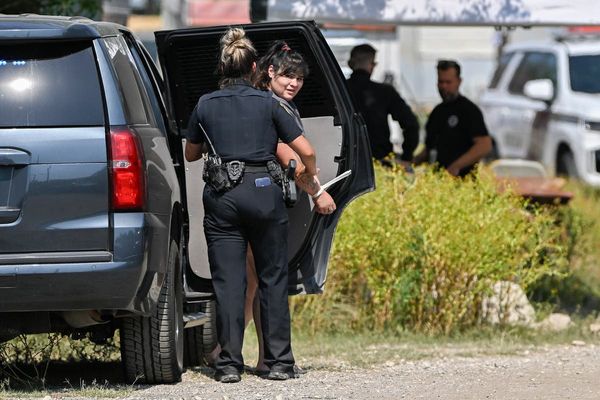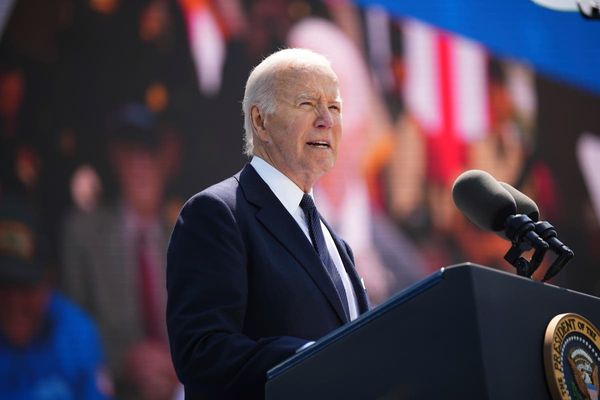
I went to an event last week, Is Audio the Future?, which left me full of enthusiasm for podcasts as this pure, organic, guerrilla space, which nobody had yet figured out how to gatekeep and thereby homogenise. Chris Sweeney described how his podcast, Homo Sapiens, originally co-hosted with Will Young, came about in 2018: he was an avid fan of Woman’s Hour and thought, “Wouldn’t it be great to have an LGBT Woman’s Hour?” They started with no more equipment than an iPhone. Holly Cook, head of product at the Economist, described readers having a much richer relationship with the content when they became listeners, more intimate and proprietorial. It reminded me of publishing, in the old days, when there were low barriers to entry, a thousand flowers could bloom and not everyone in the business was in an unengaging steeplechase for the next Hogwarts.
But actually, that would have been publishing in the 17th century. A much better analogy for podcasts as they are now, or as I thought they were, would be the early days of the internet, without behemoths, advertisers or algorithms, before users were funnelled in one of four directions (violent misogynists, conspiracists and white-supremacists; mild lefties; consumers; people who like cats).
This week, the list dropped of the UK’s best-loved podcasts, telling a different story to the one I was telling myself. The top five are, in descending order, Joe Rogan; Steven Bartlett’s Diary of a CEO, in which he counsels the layperson on how to become more like him; Off Menu with Ed Gamble and James Acaster; Sh**ged Married Annoyed, a kind of unfiltered(ish) account of real-life marriage, with Chris and Rosie Ramsey; and Peter Crouch’s podcast. I have a really low tolerance for bros chatting, unless they’re deliberately trying to be funny, so there is lots in the top 25 I cannot comment on, because to heap on the derision I believe them to deserve, I’d first have to listen.
Joe Rogan I have listened to, mainly to bottom out whether or not his reputation as the soothing face of conspiracy theories and other problematic views was deserved. Between the anti-vaxxing and his remark in February that “the idea that Jewish people are not into money is ridiculous”, it probably is, but I couldn’t possibly adjudicate because this is just more bros, chatting.
Across the piece, successful podcasts are funnelling into a handful of distinct streams: bros chatting, sometimes “inspirationally”; funny bros, being funny, and fair play, many of them are; facts, trivia and miscellany presented in a cute way (No Such Thing As a Fish, The Infinite Monkey Cage). Women are allowed, but only if they’re talking about their children or relationships, preferably with their husbands or children (besides Sh**ged …, there’s NewlyWeds, Parenting Hell, Saving Grace). The honourable exception is Hannah Fry, who gets to talk about maths and still be female.
Thinking about the resurgence of the podcast form in the first place, this astonishes me: although it was created a decade before, the industry didn’t amount to a hill of beans until Sarah Koenig’s first season of Serial in 2014. There is not a single true-crime series I’ve ever listened to (and I’ve heard a lot, probably all of them) that didn’t owe a huge debt to Koenig. You can hear her methods, her values, her narrative pace, stamped all over everything.
The therapy space, meanwhile, was defined in Unlocking Us by Brené Brown, who has these incredibly raw, disclosing conversations. This, I would argue, has fed into a wonderfully original genre, exemplified in Forever Is a Long Time, in which people reflect deeply on a major life event (in that case, their divorces). That’s hosted by a guy, Ian Cross, who is great: I have nothing against guys. I’d go as far as to say I like their voices, even. But it’s really striking that the commercial imperative, in determining what’s commissioned, bankrolled and promoted, does two things: it drives content in a painfully bland direction, lifted only by high spirits and intermittent wit; and it replicates a social conservatism that none of the people commissioning it, still less consuming it, are even old enough to remember, one in which women’s insight is too often concentrated on the domestic sphere. And this [adopts classic US podcast voice, deadpan, understated yet sonorous, again invented by Koenig] is a shame.
Zoe Williams is a Guardian columnist
Do you have an opinion on the issues raised in this article? If you would like to submit a response of up to 300 words by email to be considered for publication in our letters section, please click here.







